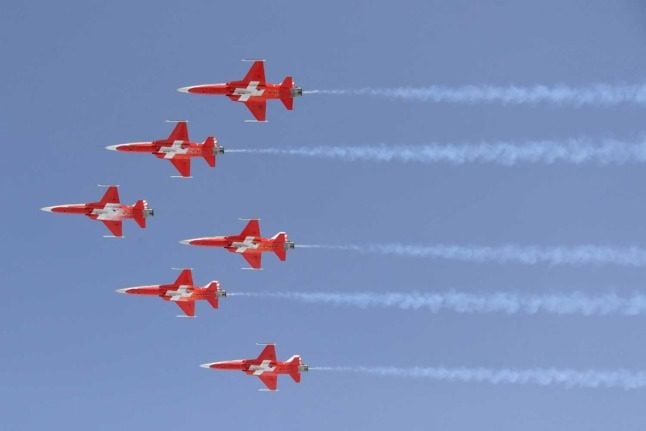When David Cameron visited Paris back in May to open talks over his plans for EU reform the French were left a little bemused given that he failed to lay out any concrete ideas.
Speaking to the press after the Elysée meeting, Hollande said Cameron had revealed “some information” but that he looked forward to hearing more about what the Prime Minister had to say in future talks.
Four months on, and Hollande may get that chance when he heads to the UK on Tuesday for a brief stay at the Prime Minister’s country residence.
Cameron, who has been hit with bizarre allegations he inserted “his private parts into a dead pig's mouth”, is desperate to win support from France for his reforms, but frustration has grown in Paris that there is still no meat on the bones of what exactly the Prime Minister is proposing.
“Until we see a ten-page document laying out their proposals, it’s difficult to know completely what they want and what they mean,” a French government official was quoted in the Financial Times.
“This ten-page document must be somewhere but we are yet to see it.”
So far Cameron has only suggested that he wants reform in four key areas before he can commit to campaigning to keep Britain in the EU before the planned In/Out referendum to be held in 2016 or 2017.
His chief requirement is a change to laws surrounding access to benefits by EU migrants. Cameron wants restrictions on benefits unless migrants have lived in the country for four years.
He is also expected to demand an opt-out from one the EU's core principles of forging an “ever-closer union” between member states.
A spokesperson for France's presidential palace said: “Reforming the EU, yes, but it must benefit all of Europe and not just the UK.
“Yes to increasing competitiveness and simplification, but no to deregulation and social cuts.”
Before his visit to Paris in May, Cameron was warned by the French Foreign Minister Laurent Fabius that he was playing a dangerous game.
“The British population has gotten used to being told: 'Europe is a bad thing', and the day they are asked to decide, the risk is that they say Europe is a bad thing,” said Fabius.
Fabius said that one couldn't “join a football club and decide in the middle of the match we are now going to play rugby”.
Both France and Germany have repeatedly said they will resist any British attempt at full on treaty change but both Hollande and German Chancellor Angela Merkel have suggested they are willing to look at ways of creating a two speed Europe as they push for more integration in the eurozone.
The leaders are also set to discuss Europe's response to the refugee crisis, with the UK under pressure to take in more refugees than the 20,000 it says it will welcome over the next five years.
At a recent press conference, Hollande suggested the UK should take on more responsibility for the crisis if it wants to be able to persuade EU nations to back its reform plans.
During his visit to London Hollande will also officially open the new Lycée international school in north London.



 Please whitelist us to continue reading.
Please whitelist us to continue reading.
Member comments